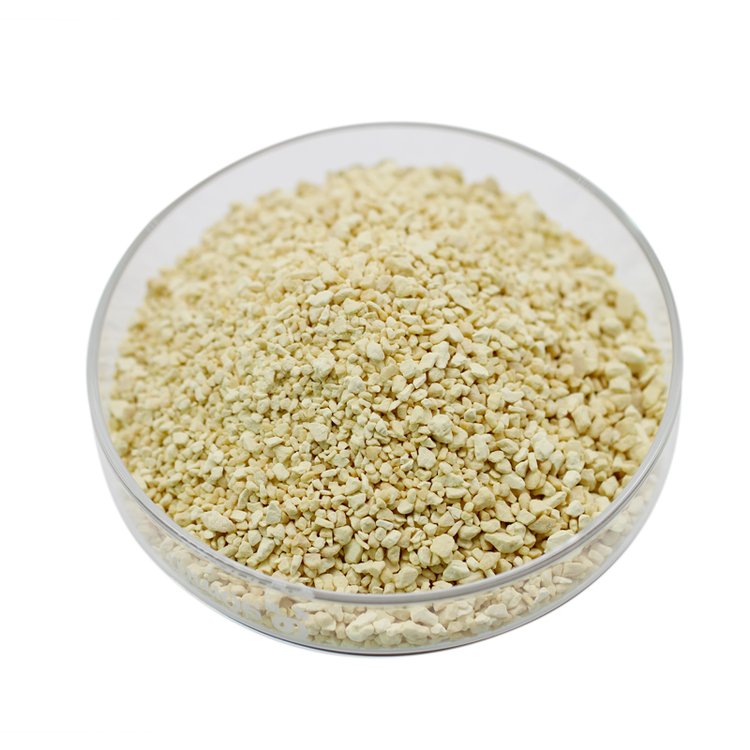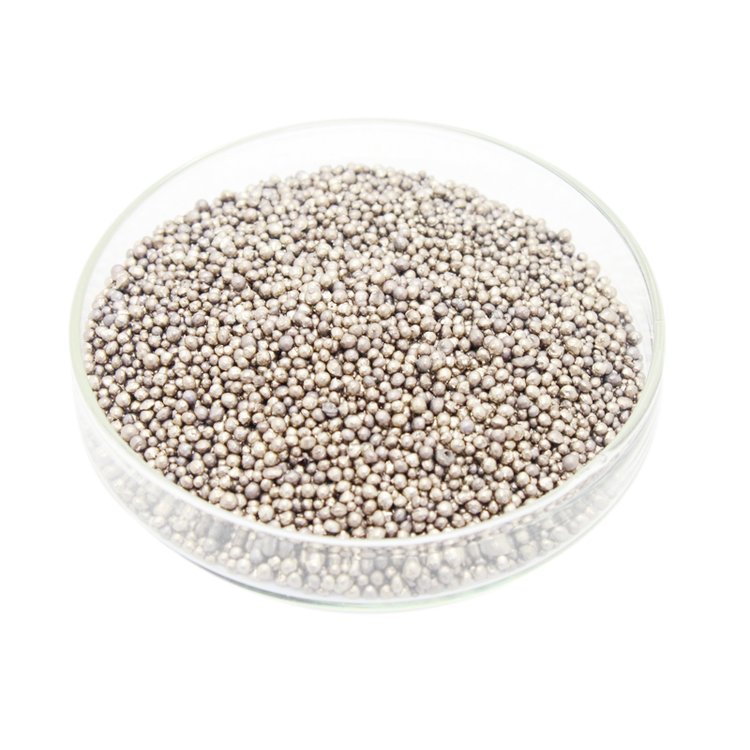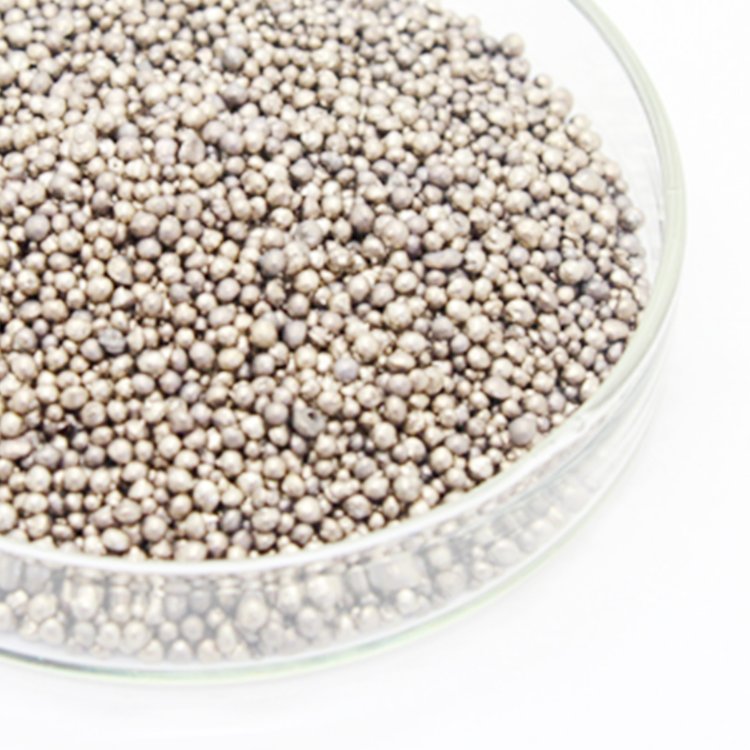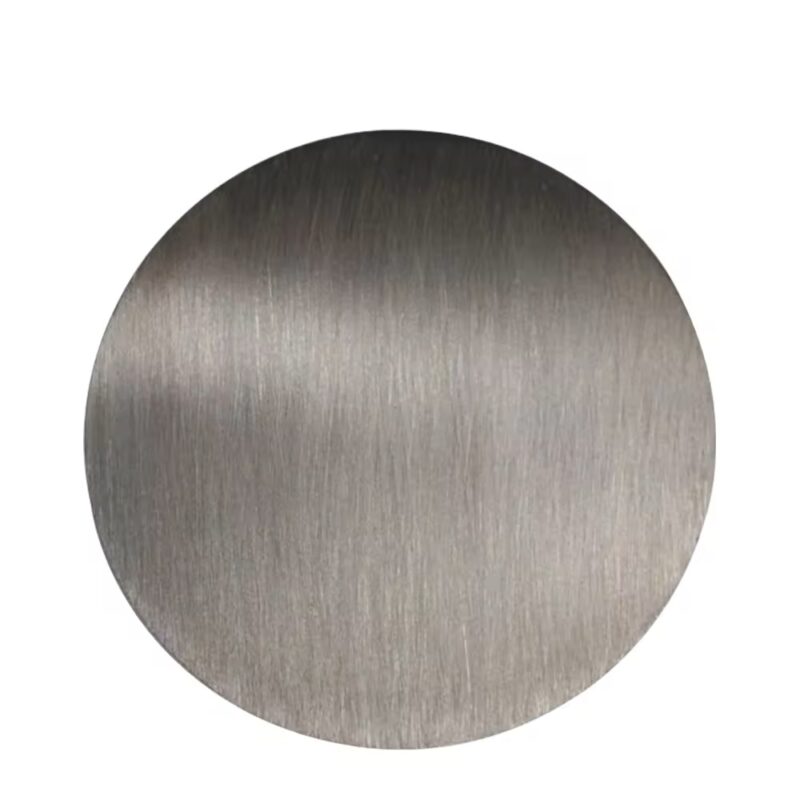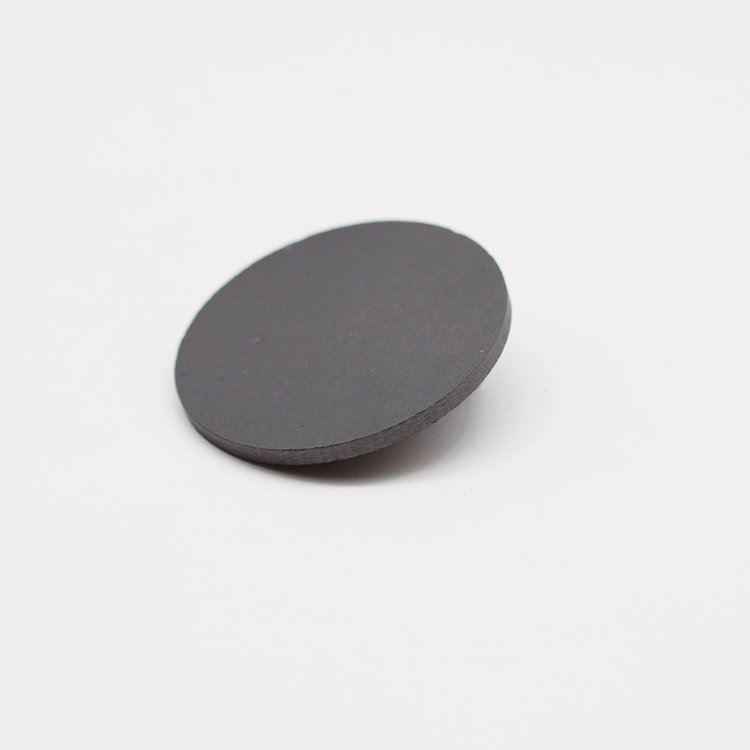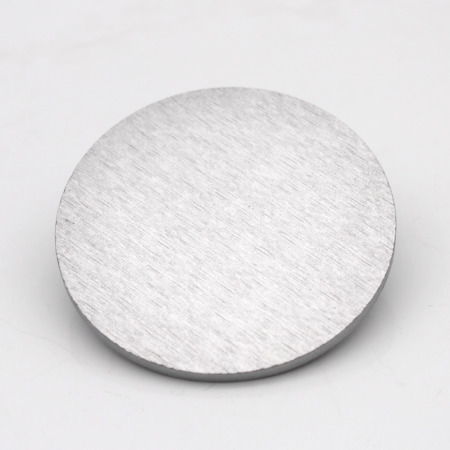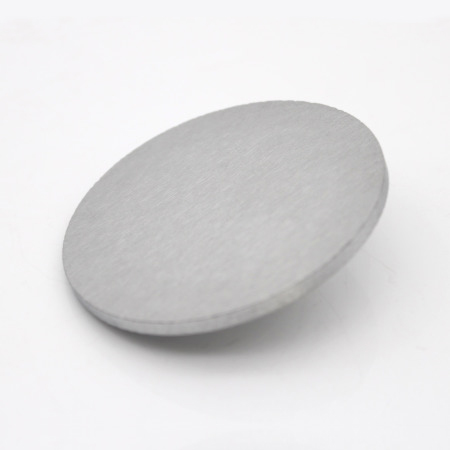Bi2O3 (Bismuth Oxide) Pellets Granules Evaporation Materials
- High Refractive Index: Bi₂O₃ offers one of the highest refractive indices among common oxides, making it ideal for optical applications requiring high index materials.
- Photoconductivity: It exhibits strong photoconductivity, enabling applications in photoelectric and photonic devices.
- Wide Bandgap: Its wide bandgap makes it suitable for optoelectronic applications, particularly in UV-visible light applications.
- Good Stability: Bi₂O₃ has good thermal and chemical stability, ensuring durable and reliable coatings in harsh environments.
- High Ionic Conductivity: Useful in fuel cells and solid-state batteries due to its high oxygen ion conductivity at elevated temperatures.
Custom products or bulk orders, please contact us for competitive pricing!
- Satisfaction Guaranteed
- No Hassle Refunds
- Secure Payments
Description
| Material | Bi2O3 |
| Purity | 99.9% – 99.9999% / 3N 3N5 4N 4N5 5N 5N5 6N |
| Shape | Pellets / Granules / Particles / Pieces |
| Size | can be customized (contact us) |
| Package | vacuum bag or customer’s request |
| Place of Origin | China |
| Supply Ability | 1000kg per month |
| Lead Time | Qty: 1-100, Time: 3-10 days
Qty: >100, Time: to be negotiated |
Bi₂O₃ (Bismuth Oxide) pellets are high-purity materials used for thin-film deposition through physical vapor deposition (PVD) techniques, including thermal and e-beam evaporation. Bismuth oxide is known for its high refractive index, photoconductivity, and wide bandgap, making it suitable for a variety of optical and electronic applications.
Key Applications:
- Optical Coatings: Bi₂O₃ is used in creating high-refractive-index thin films for optical applications, including anti-reflective coatings, mirrors, and waveguides.
- Electronics: Due to its photoconductive properties, Bi₂O₃ is utilized in photovoltaic devices and as a material in sensors and capacitors.
- Gas Sensors: Bi₂O₃ films are effective in detecting gases such as carbon monoxide and methane, making them suitable for environmental monitoring systems.
- Catalysis: It is employed in catalytic applications, especially in environmental and industrial processes involving oxidation reactions.
- Solid Oxide Fuel Cells (SOFCs): Bi₂O₃ is used as a component in the electrolyte or electrode materials due to its ionic conductivity at high temperatures.
Features:
- High Refractive Index: Bi₂O₃ offers one of the highest refractive indices among common oxides, making it ideal for optical applications requiring high index materials.
- Photoconductivity: It exhibits strong photoconductivity, enabling applications in photoelectric and photonic devices.
- Wide Bandgap: Its wide bandgap makes it suitable for optoelectronic applications, particularly in UV-visible light applications.
- Good Stability: Bi₂O₃ has good thermal and chemical stability, ensuring durable and reliable coatings in harsh environments.
- High Ionic Conductivity: Useful in fuel cells and solid-state batteries due to its high oxygen ion conductivity at elevated temperatures.
Specifications:
- Material: Bismuth Oxide (Bi₂O₃)
- Purity: ≥ 99.9%
- Shape: Pellets
- Size: Typically 1-6 mm in diameter (custom sizes available)
- Melting Point: ~817°C
- Density: ~8.9 g/cm³
- Deposition Methods: Suitable for e-beam and thermal evaporation
- Applications: Optical coatings, sensors, photovoltaics, solid oxide fuel cells, catalysts
Tinsan Materials offers high-purity Bi₂O₃ (Bismuth Oxide) pellets for thin-film deposition in optical, electronic, and catalytic applications. Ideal for PVD processes, including e-beam and thermal evaporation.
If you have specific requirements, such as dimensions, purity, or application details, please contact us to match your needs.

